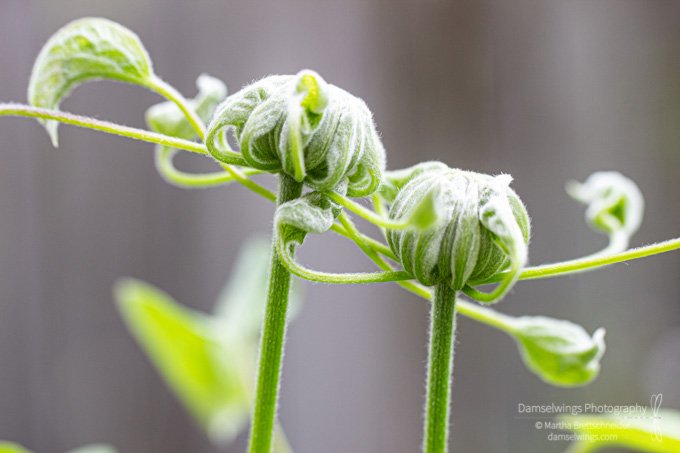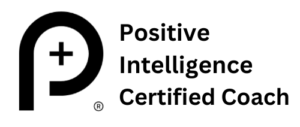
Having compassion for others frees us from fearing … it turns our attention outward, expanding our perspective, making our own problems … part of something bigger than us that we are all in together.
~ Thupten Jinpa
“I keep a wall between myself and white women.”
I felt my hackles rise when a young woman pronounced this in a group discussion I co-facilitated a couple of years ago in the context of an emotional intelligence training program at an organization. To add another layer of complexity in my attempt to process her statement, this woman, the daughter of an immigrant family, passed as white and had no hint of an accent that might have alerted me to a different racial experience than mine. Though she “looked” like a white woman to me, she identified herself as a person of color.
My inner narrative pushed back with, What are you talking about? What did I ever do to you? How can you lump me into the perpetrator category when you don’t know me? I could understand keeping a wall between you and white men, but women too? Really? Let me explain who I am and you’ll like me!
I kept my mouth shut. I was fortunate that my much younger teaching partner had had Diversity, Equity, and Inclusion training. I took the lead from her, holding the space for the hard conversation that ensued about how people of color are not seen and heard and how white people don’t have a clue about the minority experience.
As the white lady wearing the blue business suit, I symbolized establishment and oppressor to the young woman voicing her anger and pain. I had mentioned my suburban soccer mom history somewhere along the way, which did not add to my credibility with that particular group. It was the first time in my life that I felt “not liked” because of my race, where I lived, and other aspects that I didn’t think defined me.
I cried afterwards, feeling beaten and bruised. Though the young woman and her Black colleagues hugged and thanked me afterwards for listening and being open to learning, though they thanked my teaching partner and me for holding a safe space for that emotionally wrenching conversation, it took me several days to recover.
I wrote in my journal, “My tears were from the sense of having contributed to suffering unknowingly, frustration about not knowing how to help, and realizing that some people may not like me just because of where I come from.”
And then the ah ha moment: “But isn’t that exactly what people of color feel all the time?”
A few days later, another journal entry: “I will stay open to what the Universe has in store for me in this area. … I now know that I can, indeed, survive in uncomfortable spaces… Feeling like I should write a piece about this. Feels scary to label myself as white privileged blind spotted.” I wrote that on November 16, 2018. I guess it’s time.
I AM WHITE, PRIVILEGED, AND BLIND SPOTTED
Now what?
Inspired by Thupten Jinpa’s quote above, I am doing what I can to honor the pain and suffering of the families of George Floyd, Breonna Taylor, Ahmaud Arbery and the multitude of Black lives lost as a result of systemic, institutionalized racism.
I’m listening to Black voices. I’ve invited friends to join me in tackling a long reading list to gain insight into Black people’s experience and the complex web of racism in this country. I’m learning how I can use my privilege in supportive ways.
Through it all, I’m noticing and allowing the hard emotions to bubble up: resistance, defensiveness, vulnerability, fear, unworthiness, helplessness, empathetic distress. Notice, name it, let it be, as taught by the founder of Mindfulness Based Stress Reduction Jon Kabat-Zinn.
And then the antidote: compassion, which literally switches our brain activation from our pain circuitry into a different network associated with parental love and prosocial behavior. Though I teach this neuroscience in Search Inside Yourself Leadership Institute trainings, I was still astounded by the immediate shift in the quality of my energy as soon as I put the invitation out to my Facebook friends asking if anyone wanted to join my Antiracism Reading / Learning Group. My emotional state of mind transformed from helpless despair to a sense purpose and empowerment.
I can’t change or fix what happened in the past, starting all the way back in 1619 when the first shipment of enslaved Africans landed in Virginia. I CAN take action in the present moment. Action includes keeping my mouth shut and listening, even when language is stronger than what I’m used to, spoken by someone who looks very different from me; doing my own reading and other research; self-reflecting; having uncomfortable, vulnerable conversations with friends and family members.
Action includes doing the daily work to cultivate the clarity of mind necessary to connect with what matters most at this powerful moment in history. Self-compassion practice will be key to sustaining the effort. This is new territory. It will be painful. I’ll make mistakes. I will learn, replenish, recenter, and keep going, baby step after baby step.
And coming back to my white privilege label, I understand the full complexity of this truth now that I’m reading White Fragility: Why It’s So Hard for White People to Talk About Racism by Robin DiAngelo. I’ve landed in this spot through no effort of my own. I do have control over how I use that privilege as a force for healing and positive change.
If you are looking for some concrete ways to take action, check out this list of resources for Justice in June. And if you’d like to join my Antiracism Reading / Learning Group on Facebook, reach out and I’ll send you an invite! If we’re not already connected there, let me know you’re a blog reader, as it’s a private group.
Sending wishes for your good healthy, safety, and resilience during this fascinating time to be alive.


